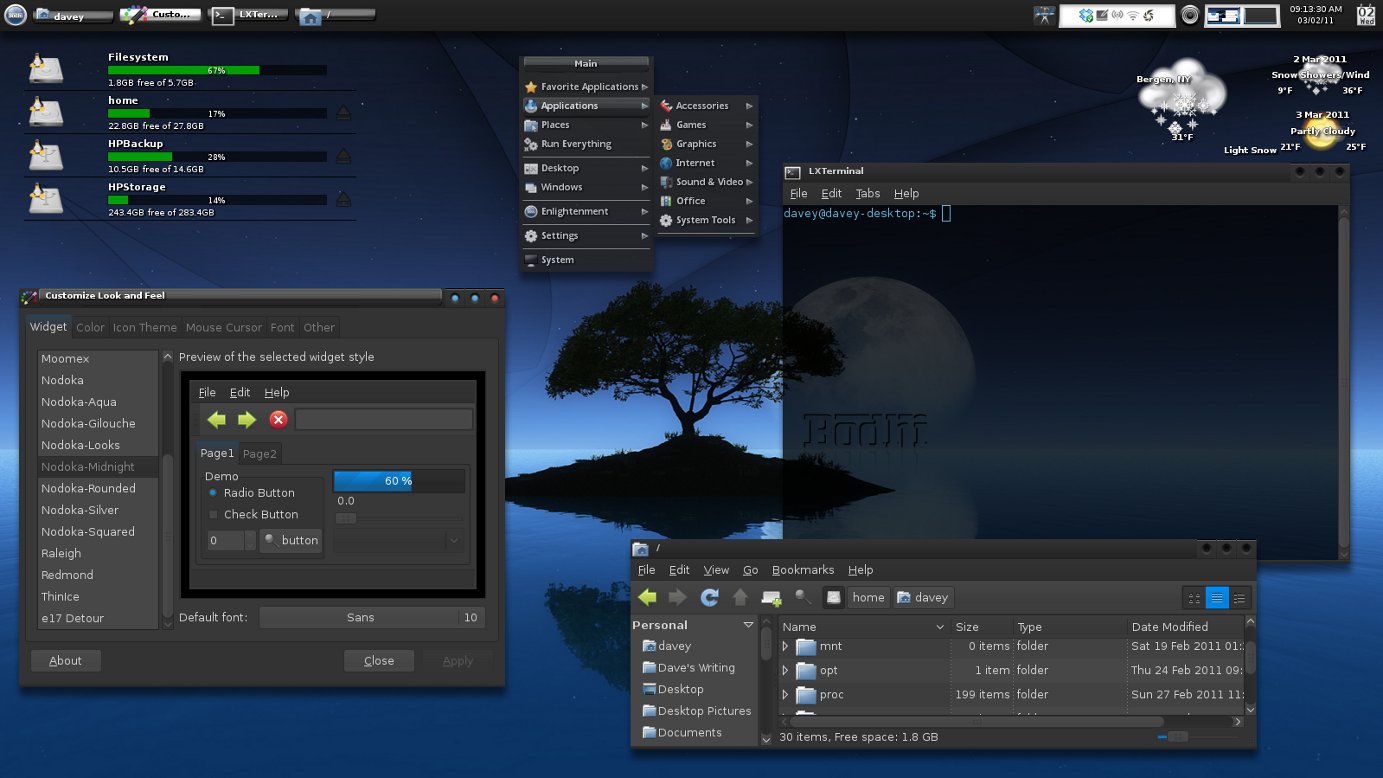
- Running 32 bit on 64 bit linux install#
- Running 32 bit on 64 bit linux 64 bits#
- Running 32 bit on 64 bit linux windows 7#
If your laptop has 8GB, then it's 64-bit. 32-bit machines can't handle more than 4GB.

For instance, to compile a file of geek.c through Linux terminal, you must write the following command with -m32 flag. Now in order to compile with 32-bit gcc, just add a flag -m32 in the command line of compiling the ‘C’ language program. Your computer's amount of random access memory (RAM) is one indicator. Hence the fourth line Target: x8664-linux-gnu confirms that we are running 64-bit gcc. If you are about to buy a new computer, or you bought one in recent years, then chances are you have a 64-bit machine.
Running 32 bit on 64 bit linux windows 7#
For example, you can still run a 32-bit Windows XP as a VM with Workstation Player 12.5.8 with a Windows 7 64-bit or Linux 64-bit host. However you can still run a 32-bit guest OS VM with either Workstation Pro/Player 12.5.x or 14.x. Same applies for Workstation Player 12.5.8. Since version 18.04, released in April of 2018, Ubuntu has only provided 64-bit installers. Your host OS has to be 64-bit Windows 7/8.1/10 or 64-bit Linux.
Running 32 bit on 64 bit linux install#
The 32-bit architecture can support 4,294,967,296 bytes (around 4 gigabytes), while the 64-bit architecture can support 18,446,744,073,709,551,616 bytes (around 18 billion gigabytes).Ħ4-bit personal computers became available a few years into the new millennium. To be clear, there hasn’t been an official way to install Ubuntu on a 32-bit computer in some time now. We often have both a 64 bit and 32 bit version of the same named. This may not seem like that big of a difference, but wait until you crunch those numbers out on a calculator. I thought that was a malfunction you would see running 32 bit applications in 64 bit Windows but Linux is smarter. 32-bit CPUs can only run a 32-bit OS and. for that you require to have 32bit Redhat Linux. A 32-bit processor cannot run an operating system designed for 64-bit CPUs.
Running 32 bit on 64 bit linux 64 bits#
A 32-bit machine can handle 2 32 bits of data, while a 64-bit machine can handle 2 64 bits of data. There is one thing u cant run any program of x86 or 32bit software on 64bit Linux systems. If you only see the 32-bit mode listed, you’re running a 32-bit version of Linux. If you’re running a 64-bit version, you’ll see both 32-bit and 64-bit modes listed (since a 64-bit processor can run both).

Some CPUs can go even higher (even up to 512-bit), but most personal computers are either 32 or 64-bit.Ħ4-bit computers are exponentially more powerful than their 32-bit counterparts. The CPU op-mode(s) entry tells you what version of Linux you’re running. If I quit the flag, it doesn't find my shared. When I try to cross compile for ARM8 (using arm-linux-gnueabi-gcc), it tells me that -m32 flag doesn't exist. With gcc compiler (compiling for my x86), the flag that works is -m32: Compiling for x86. When talking about personal computers, whether your machine's architecture is 32-bit or 64-bit depends on the central processing unit (or CPU). I need to generate a binary from my ARM8 using 32 bit shared libraries. Sudo dpkg -i -force-architecture package.What's the Difference Between 32-Bit and 64-Bit? Now we are going to force the 32-Bit deb to be forced into installing for the 64-Bit Linux Mint:

Were folder location is (Of course enter the folder location) or go to the folder, right click and click 'Open In Terminal'. Now we are going to open in the Folder were you 32-Bit deb files is by using the command: Well this is where it changes because it is possible (In Linux) to force an architecture (architecture being 32-Bit and 64-Bit versions of the OS).įirst we are going to install some 32-Bit libraries which are needed to run 32-Bit applications: Has anyone had the problem that there favourite or useful tool has only got a 32-Bit deb file, and the maker was so lazy that they didn't make a 64-Bit deb file!


 0 kommentar(er)
0 kommentar(er)
